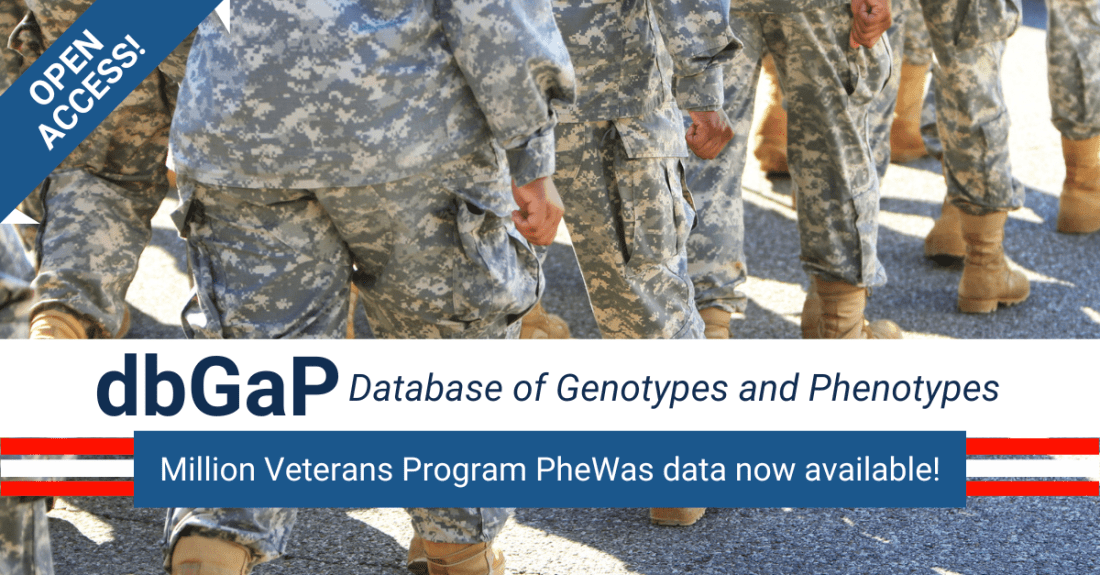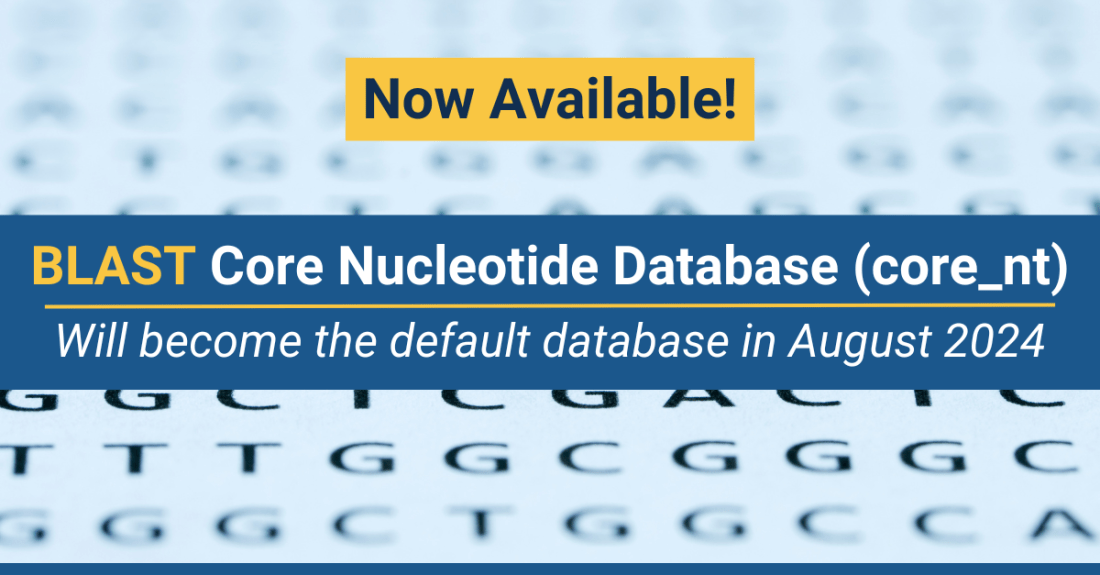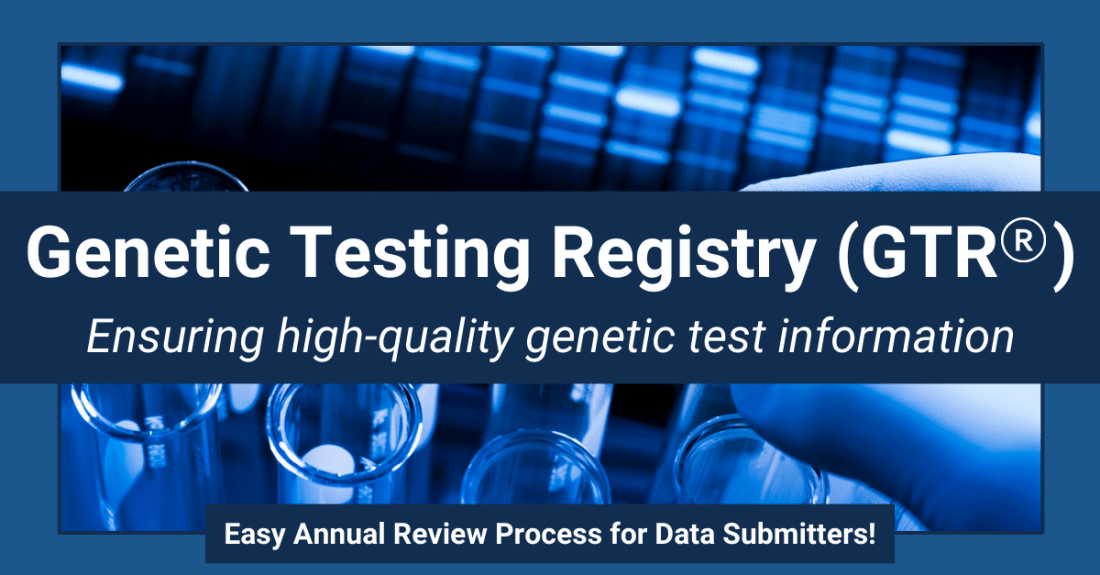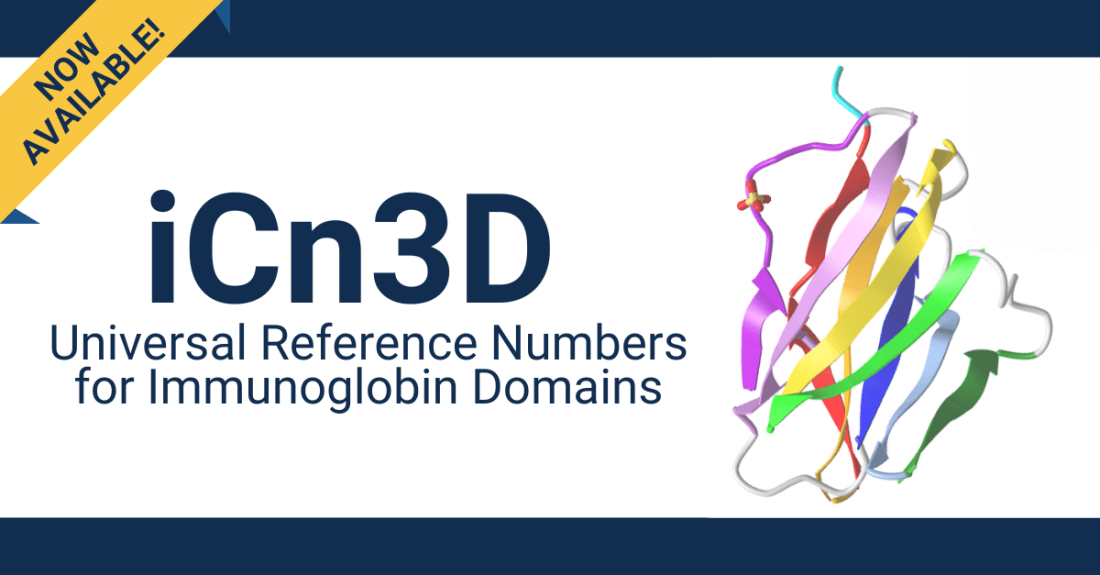Improved Influenza GenBank submission process
Do you submit flu sequences to GenBank? Thanks to community feedback, NCBI is excited to announce that we are improving the Influenza GenBank submission process. We continue to play a key role in providing the biomedical community free and easy access to genome sequences from viruses. To further advance public health research, in the coming weeks we will begin to expedite the release of influenza data. This means you will see the rapid assignment of accession numbers and data becoming publicly accessible within hours. In addition, we will automatically process all Influenza genomes to produce standardized, consistent annotation which saves you time and benefits the researchers who find your data valuable. Continue reading “Coming Soon! Rapid Access to Influenza Data”









